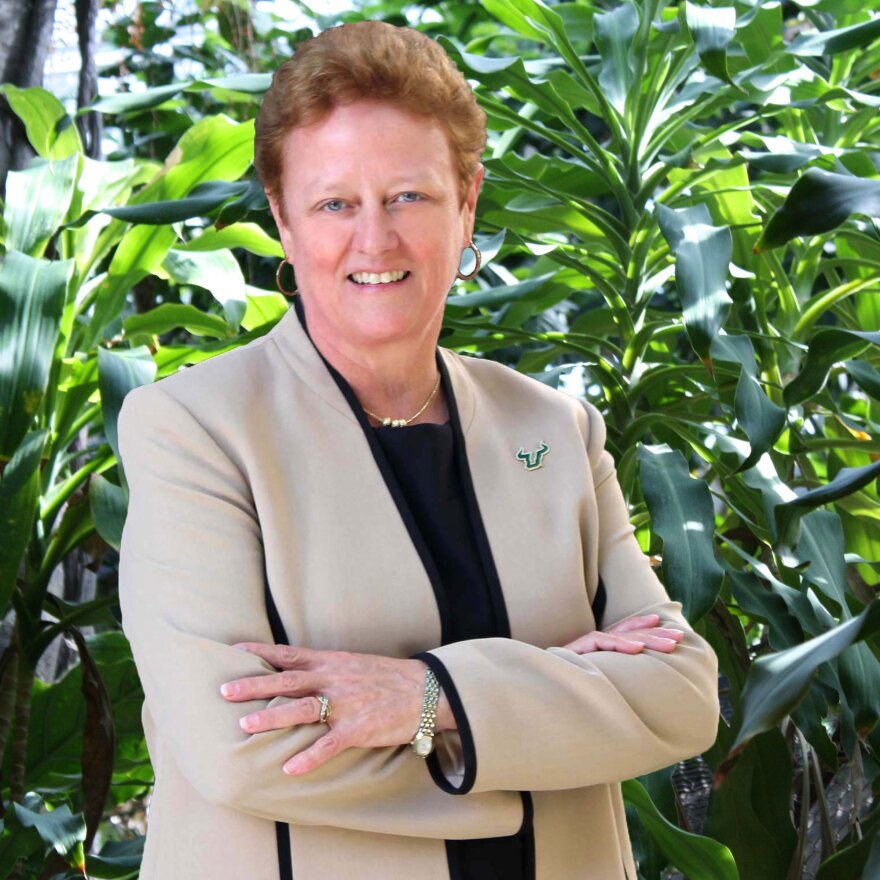The University of South Florida is creating a center to boost the state's mental health workforce amid a national shortage.
The legislature recently awarded USF $5 million in recurring funds to create the Florida Center for Behavioral Health Workforce, part of the Live Healthy package of bills which Gov. Ron DeSantis signed into law last month.
“There's nothing more demoralizing than waking up one day and realizing that you need help, that you have an addiction, you have something going on and not being able to find the help that you need. That's what we're trying to prevent here,” said Julie Serovich, dean of USF’s College of Behavioral and Community Sciences.
Nearly half of all Floridians live in an area that the federal government designates as having a shortage of mental health professionals.
Burnout, high caseloads and low salaries contribute to that, said Serovich.
“There is absolutely no question, everybody I talk to in the social service industry, even when I talk to law enforcement, they cannot find and hire enough mental health professionals,” she said.

The center will first work to better understand what’s driving the workforce shortage and then identify ways the state can recruit and retain more professionals. It’s still in development, but Serovich hopes research can begin later this year.
It joins the Louis de la Parte Florida Mental Health Institute at USF, which the state established more than 50 years ago to strengthen mental health services through research, training and education.
Creating the Florida Center for Behavioral Health Workforce is part of SB 330, which also designates four behavioral health teaching hospitals in the state, each linked to universities.
USF and Tampa General Hospital are named as partners. The organizations will work together to expand training for students to treat patients with mental health and addiction issues.
“Our students are in high demand everywhere right now, but being able to train with other similar-minded professionals tackling some of the most difficult cases we’ll see in mental health is really going to give them a leg up when it comes to expanding their own workforce opportunities,” said Serovich.
The law provides up to $100 million a year for the next three years to the teaching hospitals. Additional money is available for psychiatry positions and some other opportunities.
UF Health Shands Hospital in Gainesville and the University of Florida, UF Health Jacksonville and the University of Florida, and Jackson Memorial Hospital in Miami and the University of Miami are the others designated so far.
The state Agency for Health Care Administration can add more behavioral health teaching hospitals in 2025.




